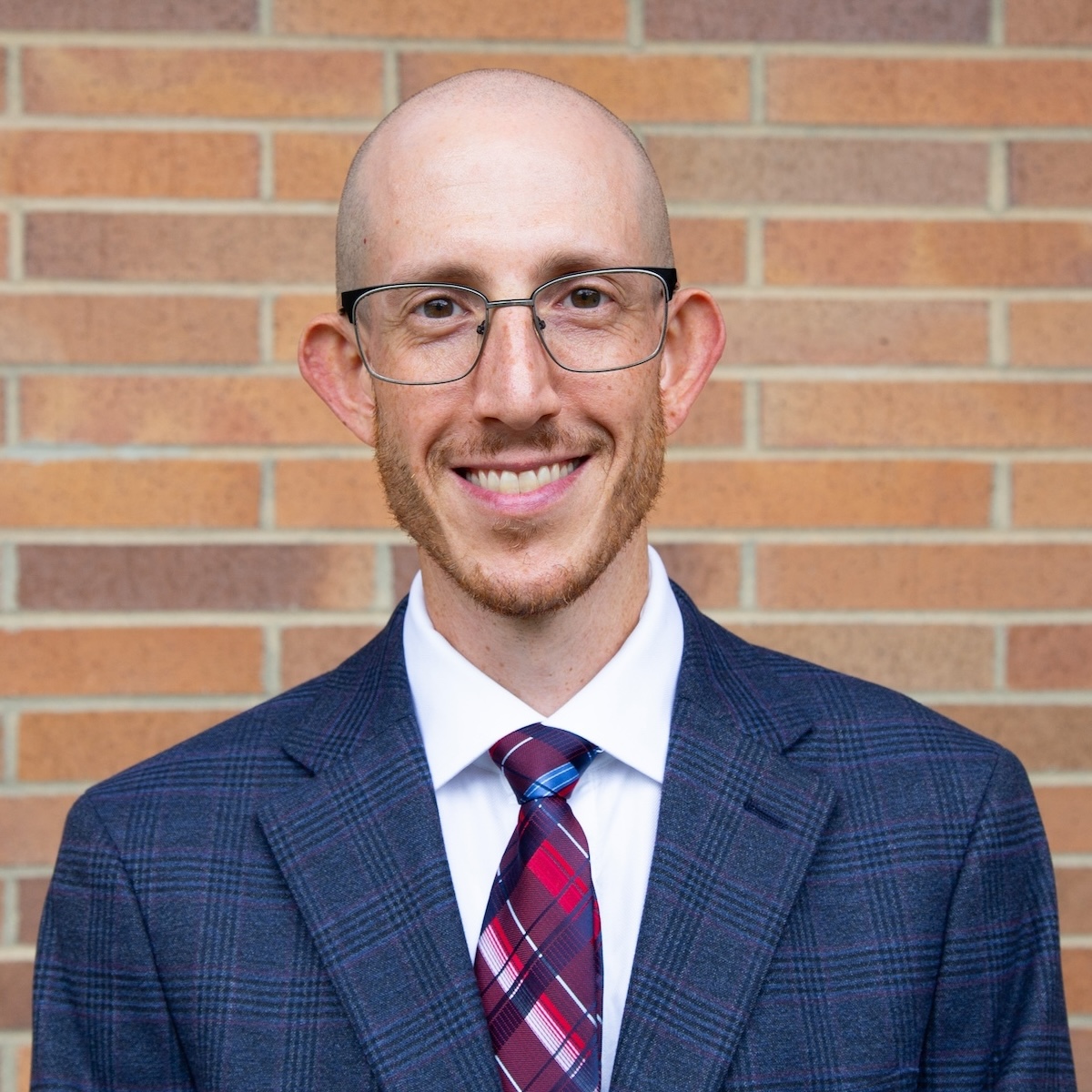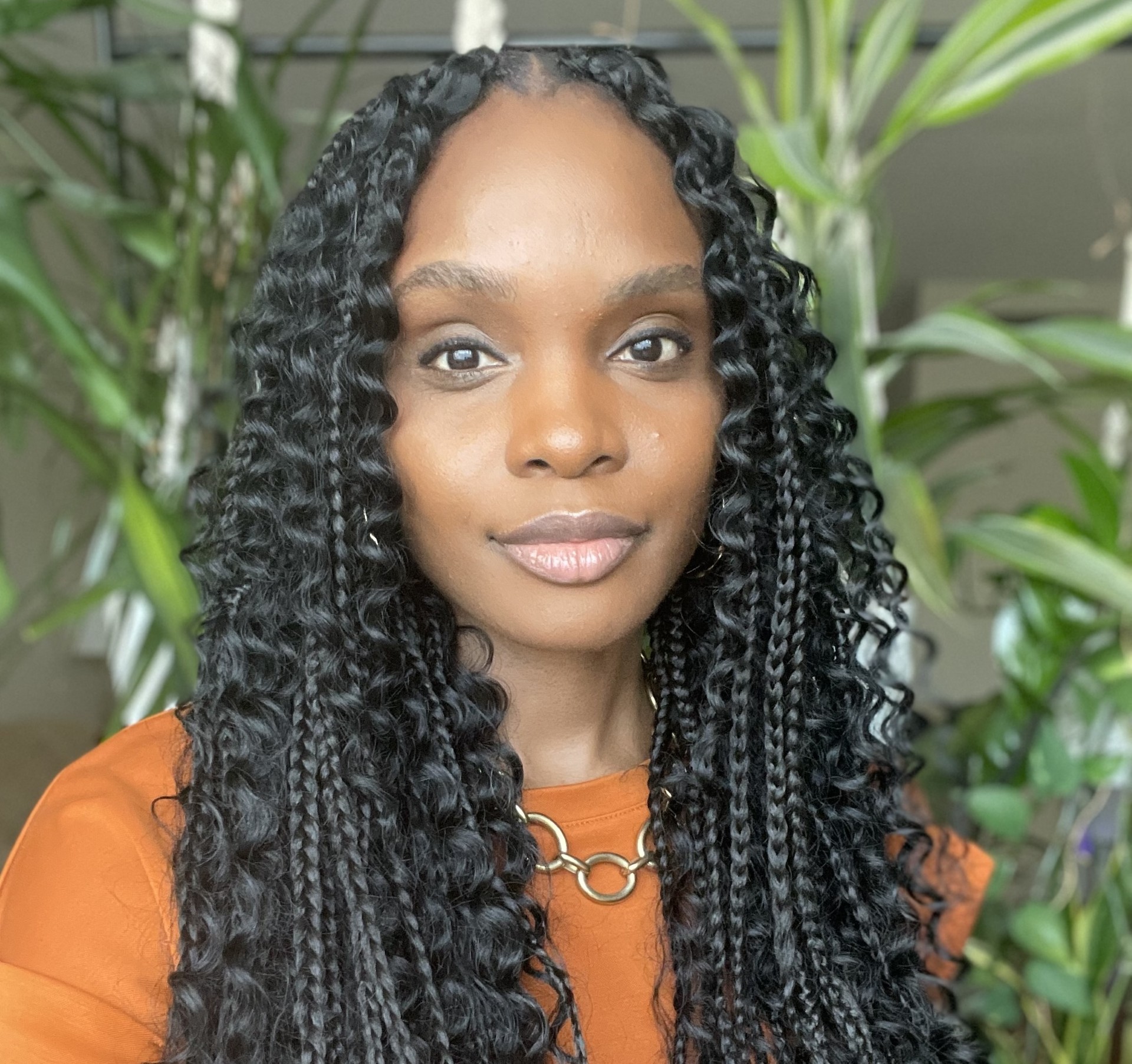FDPC
Faculty Development Professionals Conference
Live: August 28, 2025—On-Demand through November 21, 2025
Plenary Sessions
Opening Plenary
Leading Human-Centered Faculty Development
Thursday, August 28, 2025, 9:15 - 10:30 AM CT
How can we, as educational developers, lead innovative change at a time of great disruption and uncertainty? Leading faculty development is both a humbling yet daunting responsibility, requiring a discerning mix of our disciplinary expertise and interpersonal empathy. The relevance of our intellectual and institutional labor is needed now more than ever, especially when our colleagues and students face myriad structural obstacles, when the utility of evidence-based practices is disputed, and as new technologies–like generative AI–challenge long-held academic norms. This plenary session will serve as an act of public pedagogy, inviting participants to collectively contemplate and discuss together shared strategies for human-centered leadership rooted in the values of care and dignity. Drawing from Kalir’s experiences across multiple campuses and continents, he will guide participants to thoughtfully align their pedagogical commitments with systems-level change efforts while also providing pragmatic methods to help attendees identify how their social and technological resources can augment on-the-ground educational innovation.

Remi Kalir, PhD
Duke University
Remi Kalir, PhD, is Associate Director of Faculty Development and Applied Research with Learning Innovation and Lifetime Education (LILE) at Duke University, where he also serves as Associate Director of the Center for Applied Research and Design in Transformative Education (CARADITE). He manages and coordinates the multifaceted aspects of LILE’s research agenda, including collaborating with Duke faculty to study pedagogy and learning, designing research-practice partnerships with community stakeholders, and directing CARADITE’s grant-funded research and development efforts. Before joining Duke, Kalir was a tenured Associate Professor of Learning, Design, and Technology at the University of Colorado Denver School of Education and Human Development. While at CU-Denver he co-founded ThinqStudio, a digital education and innovation incubator, and he received the university’s highest honor for faculty leadership in recognition of how he convened and sustained instructors’ professional development. Kalir has written two books—Re/Marks on Power: How Annotation Inscribes History, Literacy, and Justice (2025) and Annotation (2021), both published by MIT Press—and has authored and contributed to over 50 peer-reviewed publications about learning technologies, digital literacies, and professional development. Learn more about Kalir at his site and follow his updates on LinkedIn.
Closing Plenary
Creating Engaging, Enriching, and Effective Workshops
Thursday, August 28, 2025, 3:00 - 4:00 PM CT
Workshops are one of the most common types of programs that educational developers offer. When done well, they can provide meaningful opportunities for instructors to deepen their understanding of pedagogy, connect with colleagues, and reflect on their practices. In this interactive plenary session, we will explore the art of designing and facilitating effective workshops. Participants will leave the session with helpful principles and practical strategies that can help them craft more engaging, enriching, and effective professional learning experiences.

Tolulope (Tolu) Noah, EdD
California State University, Long Beach
Tolulope (Tolu) Noah, EdD is an educational developer at California State University, Long Beach, where she facilitates professional learning programs for instructors about teaching and technology. Previously, she was a senior professional learning specialist at Apple, a teacher education professor at Azusa Pacific University (APU), and a K-12 teacher in Los Angeles. Noah received the 2019 Teaching Excellence Faculty Award at APU, and she was recognized by EdTech Magazine as one of the 30 Higher Ed IT Influencers to Follow in 2023. She enjoys facilitating engaging workshops and keynotes that inspire and equip others. She also enjoys writing about teaching and facilitation, and her work has been featured in EDUCAUSE Review, Faculty Focus, and Edutopia. Recently, Noah published her first book, Designing and Facilitating Workshops with Intentionality, which offers helpful principles and practical tools for crafting meaningful professional learning experiences for adult learners. You can learn more about Tolu Noah via her website, and stay in touch via LinkedIn or Bluesky.
